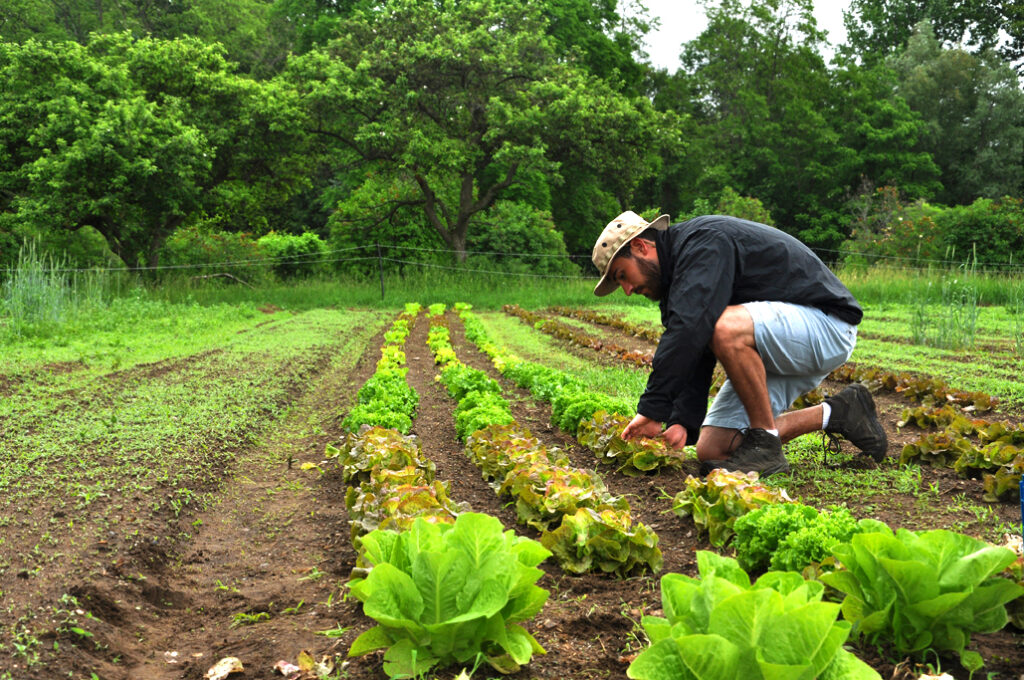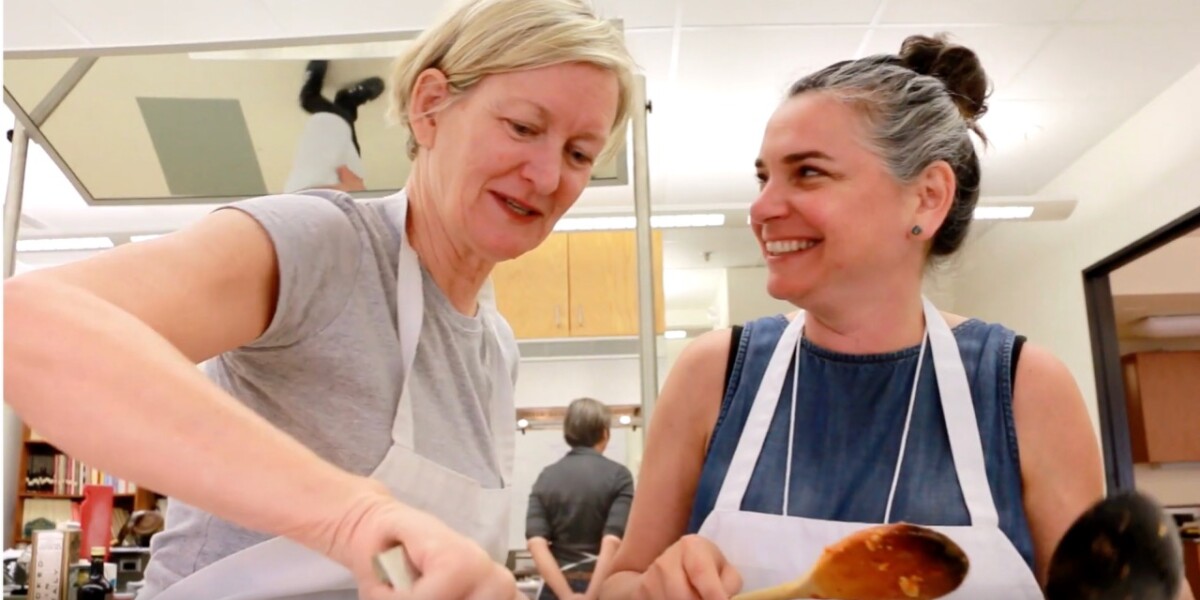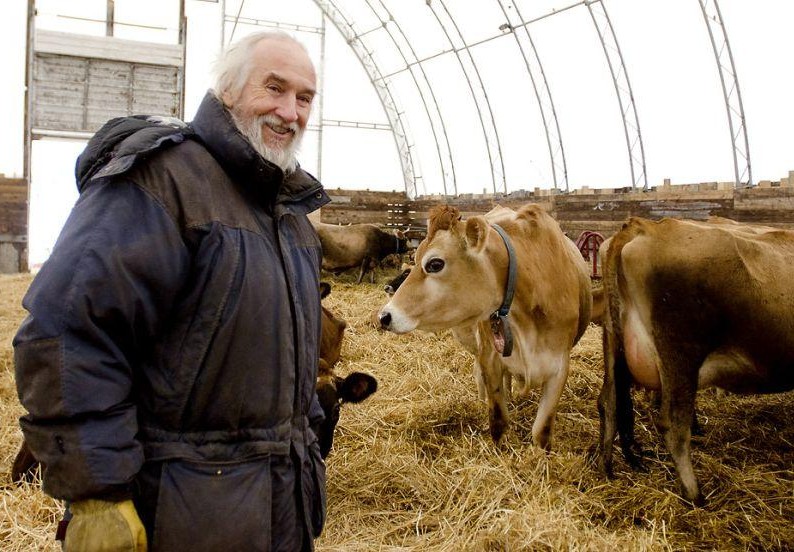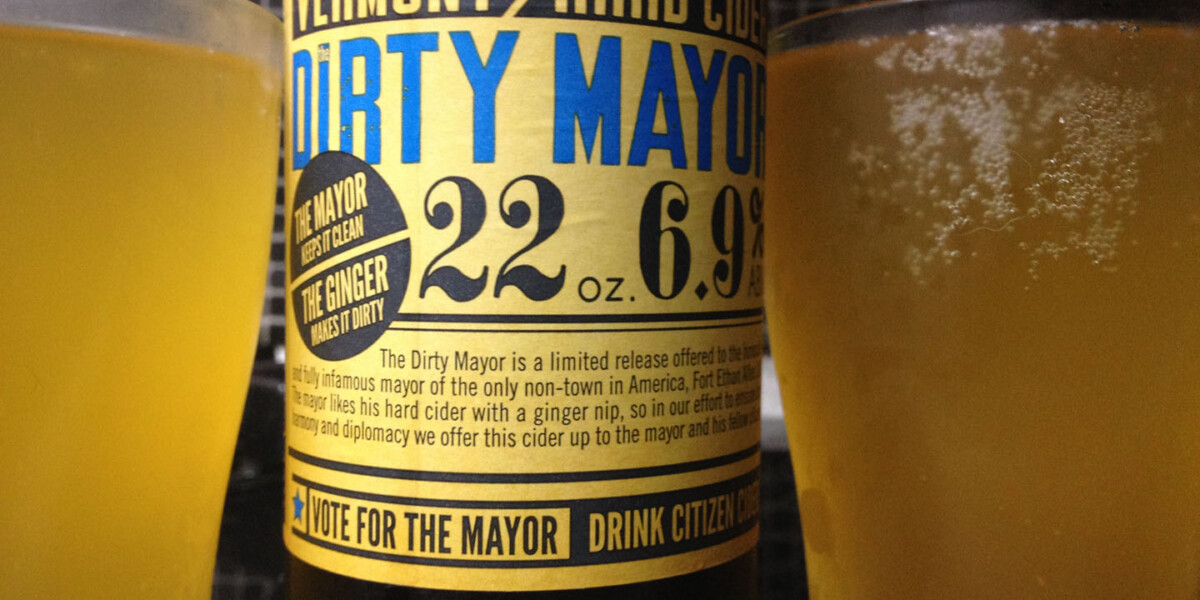 Claire Kremen is Professor in the Department of Environmental Science, Policy and Management at University of California, Berkeley, and co-directs the Center for Diversified Farming Systems and the Berkeley Food Institute at the University of California.
Claire Kremen is Professor in the Department of Environmental Science, Policy and Management at University of California, Berkeley, and co-directs the Center for Diversified Farming Systems and the Berkeley Food Institute at the University of California.
Kremen will be a keynote speaker at the UVM Food Systems Summit on June 16-17. We talked to her about organic farming, native pollinators, and her work in the rainforest on the Masoala Peninsula.
The worldwide number of undernourished people is at nearly one billion. Meanwhile, there are 1.5 billion people overweight. As you have said, eradicating world hunger isn’t about production, but about increasing access. Organic farming is a necessity in terms of taking care of the environment. Can organic farming also help address food access? How?
Kremen: Agro-ecological, diversified farming practices are a necessity in terms of taking care of the environment. I can’t say that organic farming, in the full range that it is now practiced, is always sustainable. Organic used to equate much more with sustainable practices, but this can no longer be said across the board. Don’t get me wrong; many certified organic farmers are using a lot of great practices and are definitely taking care of their lands, water, and biodiversity. But it’s not a label that is used consistently anymore to mean that.
Can farms that use sustainable practices (i.e. agro-ecological, diversified, regenerative practices that rely on biotic processes to fix and cycle nutrients, promote soil structure and fertility, support soil biota, pollinators, and natural enemies, etc.) also supply more access to a healthy diet? Yes, but it’s no panacea. We can’t assume that this is always the case.
Some research has shown that laborers on diversified farms are no better off than on industrial- scale monoculture farms. They are not paid well enough in either situation to have access to a healthy diet, and sometimes the wonderful food that they are growing isn’t even available for sale in their communities. Also, on small-scale, family-supported agriculture (often in developing economies), where all of the labor is from the family itself, often the land base isn’t sufficient to provide enough food for the family plus enough for sale – so even if these farmers are using great methods, they may not have access to the means to produce the food they need. Land-holdings for small farmers have shrunk in many countries, while the large farms are getting larger (“Get big or get out”) or foreign entities are grabbing large plots of available land and squeezing out small growers.
Your research explores the behavior of diverse native pollinators, such as bees, and the environments that sustain them. You demonstrate the dependence of sustainable agro-ecology on effective environmental preservation. How did your research come about?
Kremen: As a conservation biologist, I set out to determine whether natural habitats in the vicinity of farms provide benefits to farmers in the form of pollinators that pollinate their crops. I reasoned if that was the case, then more people might be interested in protecting these natural habitats, for the benefits (ecosystem services) they provide. Indeed, these natural habitats are really important, and some farmers are benefiting greatly simply by their farms’ proximity to natural habitats. But this doesn’t help growers whose farms are really far from such sources. So, my current research examines how we can rediversify farms to restore pollinator populations on farms, with minimal sacrifice of land for farming.
We are looking at two techniques that can be used in combination – hedgerows of blooming native plants that can be grown on field margins, and polycultures (multiple different types of crops grown in the same field) that can be sold by the farmer, but provide a sequence of floral resources that supports pollinators.
Tell us about your conservation planning initiative in Madagascar.
Kremen: I got to work in one of the most fabulous areas of Madagascar, a large remaining tract of primary lowland rainforest on the Masoala Peninsula. Working for Wildlife Conservation Society and CARE International, my job was to design a national park to protect the endemic biodiversity found on the peninsula, while promoting sustainable resource use by the 40,000 human inhabitants of the park.
We developed a science-based plan for the park and buffer zones, based on identifying the most important regions for biodiversity conservation and developing plans for sustainable use of surrounding regions that had lower biodiversity importance. After going through many hierarchies of government (from the village to the county to the province to the national level), the park was finally approved in 1997.
Let’s talk more about organic farming. You participated in a recent study comparing organic and conventional agriculture, and found that certain practices could further shrink the productivity gap between organic crops and conventional farming. As global food needs are predicted to greatly increase over the next 50 years, will we need to rely more on organic farming?
Kremen: We absolutely will need to rely on more sustainable methods of farming, including organic farming. Industrialized farming methods that are practiced around much of the world today are not sustainable. Eventually, people are going to realize that these methods will have to be abandoned or greatly modified. Subsistence methods may also be unsustainable and are often not productive enough to feed families. What we really need to do is:
- Introduce agro-ecological techniques, such as soil conservation, crop rotation and intercropping into industrial-scale agriculture, to reduce (or eliminate) over-reliance on pesticides and fertilizers and enhance sustainability of large-scale cropping systems.
- Develop and/or introduce sustainable agro-ecological methods to subsistence growers to improve productivity, livelihoods, and sustainability. In my view, it’s not so much about organic versus conventional (since organic agriculture is not necessarily practiced in a highly sustainable way), but the use of agro-ecological techniques that enhance sustainability and maintain a relatively high level (if not equivalent or greater level) of productivity.
In an age of industrial agriculture, how do we make that shift happen?
That is an incredibly difficult question to answer. We need to work on multiple fronts and at multiple scales of governance. Many things will have to change. I don’t think anyone has a master plan, and in the absence of one, maybe trying many things at once will ultimately lead to success.
Here are some of the things that can help:
- Limiting the power and/or consolidation of the agribusiness entities that increasingly control the supply of inputs and information to farmers; insisting that agri-food companies enhance the sustainability of their supply chain – they have the power to do so.
- Supporting small-scale farmers with micro-credits, crop insurance, appropriate inputs (like seeds that don’t require chemical interventions!), research, farm machinery at the right scale for their operations, etc.
- Supporting social movements that promote the right to food and to food sovereignty; creating food policy councils; spreading the word and the knowledge about agro-ecological methods, and many other initiatives.
All of these things are happening, somewhere in the world.
Claire Kremen will be a keynote speaker at the UVM Food Systems Summit on June 16-17 at the UVM Davis Center. For more information or to register, visit uvm.edu/foodsystemssummit.
This piece was originally published on the UVM Food Feed blog.




